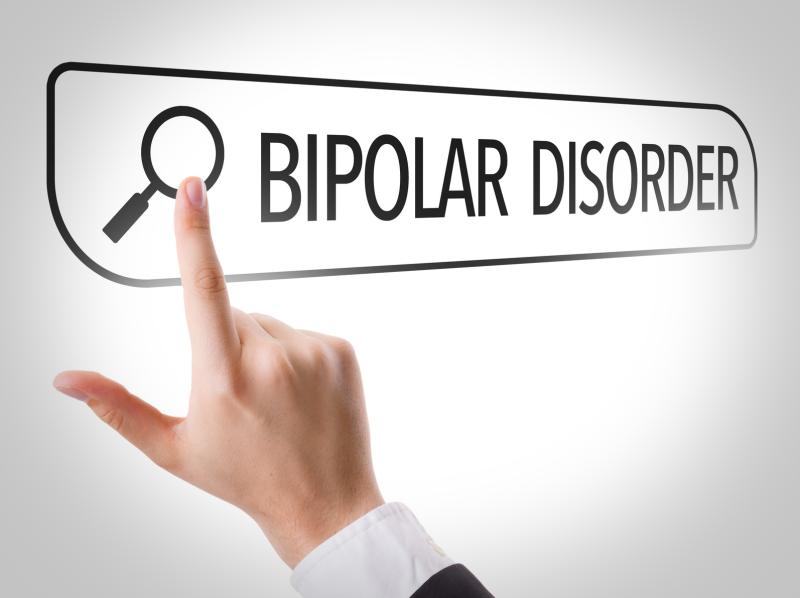
Lithium treatment, alone or in combination with benzodiazepines, worsen sexual function (SF) in patients with bipolar disorder (BD), a recent study has shown.
Researchers conducted a multicentre, cross-sectional investigation of 114 BD patients who received lithium alone (L group), anticonvulsants alone (A group), lithium with anticonvulsants (L+A group) or lithium with benzodiazepines (L+B group). SF was measured according to the Changes in Sexual Functioning Questionnaire Short Form (CSFQ-14).
SF was significantly worse in the L (odds ratio [OR], 0.31, 95 percent confidence interval [CI], 0.11–0.90; p=0.032) and L+B (OR, 0.27, 95 percent CI, 0.080–0.89; p=0.032) groups relative to the A group. Other risk factors for poor SF were being female (OR, 0.19, 95 percent CI, 0.079–0.45; p<0.001) and older age (OR, 0.94, 95 percent CI, 0.90–0.98; p=0.006).
In terms of sexual desire, lithium alone (OR, 0.26, 95 percent CI, 0.09–0.74; p=0.012) or with benzodiazepines (OR, 0.20, 95 percent CI, 0.06–0.64; p=0.007) yielded significantly more negative effects than anticonvulsants. Lithium alone had the same effect on sexual arousal (OR, 0.32, 95 percent CI, 0.11–0.89; p=0.029).
In turn, these effects on SF correlated with changes in quality of life. For example, higher sexual arousal was associated with better physical (OR, 2.18, 95 percent CI, 0.24–4.12; p=0.028) and mental (OR, 2.85, 95 percent CI, 0.99–4.71; p=0.003) component summary scores.
“In other words, mood stabilizers affect SF differently, and depending on the affected phase of SF, QoL is also affected differently,” the researchers said.